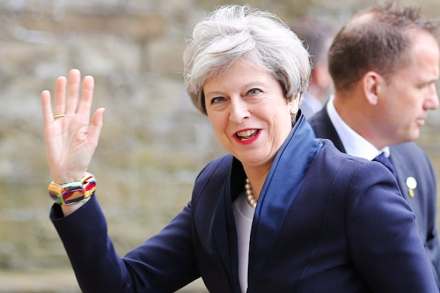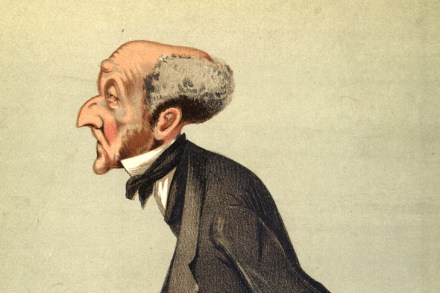Watch: Jeremy Corbyn’s Diane Abbott moment
Oh dear. Jeremy Corbyn put in his best media performance of the campaign last night. But things have taken a turn for the worse this morning. Jez popped up on Woman’s Hour to unveil the party’s plans to give free childcare to parents. The only problem? Corbyn had no idea how much it would cost. The blundering Labour leader did his best to play for time but ended up asking the presenter what his flagship policy would cost: Here’s how it unfolded: Emma Barnett: How much will it cost to provide un-means tested childcare for 1.3million parents? Jeremy Corbyn: Erm, it would cost. Erm, it would obviously cost…a lot to



















